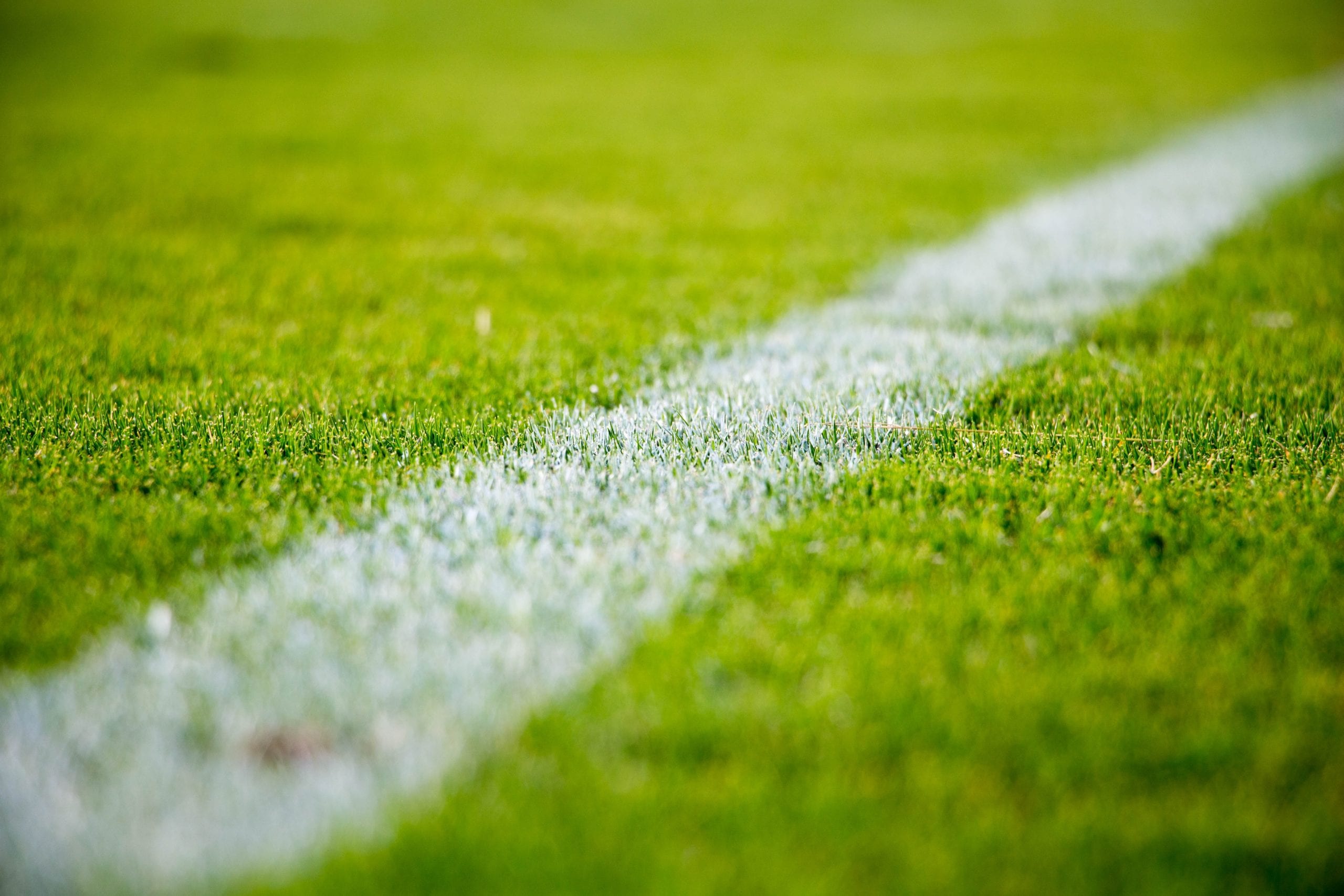

“I don’t see how it could do any good for anybody.” Those were the words of Steve Spurrier, head football coach at the University of South Carolina, explaining his decision to ban his players from Twitter, a micro-blogging service that enables users to send short, public messages in real-time. Spurrier added: “A couple of guys put some sort of nasty stuff on there in the summer…so we said, ‘You don’t need to do that anymore. Let your girlfriend or pal down the street do all the tweeting or whatever it is.”
Spurrier’s decision was based in part on a June 2011 event involving a member of his team. A former player of Spurrier’s tweeted that Alshon Jeffery, a star wide receiver for the Gamecocks, was arrested after being involved in a bar fight. In fact, Jeffery was not involved in a fight or arrested at all. But Spurrier was forced to do damage control with the media.
There are plenty of examples of questionable social media use by college athletes. Texas lineman Buck Burnette posted a derogatory Facebook message after Barack Obama’s 2008 election victory (“All the hunters gather up, we have a [slur] in the White House.”) and was swiftly dismissed from the team. Will Hill, a football player at Florida, posted a series of vulgar tweets about drugs, sex and his dislike of university-provided meals, then later claimed: “Somehow my thing has been hacked.” North Carolina defensive lineman Marven Austin posted pictures of a luxury vacation in Miami; within weeks, the NCAA announced an investigation into North Carolina players—including Austin—receiving illegal benefits from agents. And four female soccer players at San Diego state were penalized for posting alcohol-related pictures on their Facebook accounts.
Spurrier has not been the only college coach to restrict his players from using Twitter. The first to do so was Boise State football coach Chris Petersen, who has been followed by coaches at programs such as Kansas, Pitt, Mississippi State, and Villanova. Some schools and programs take more moderate approaches. For example, Arizona’s athletic department requires all athletes to set their accounts to private. Some schools, like Missouri, include a clause in their student-athlete handbook about honor and dignity in Internet postings. Other programs allow their athletes to use social media but monitor their accounts with software that alerts administrators when certain key words show up in posts. One such software, UDiligence, monitors Twitter, Facebook, and YouTube accounts for numerous colleges across the country. Founder Kevin Long says the software is meant to protect the students and “provide a teaching moment, a mentoring moment to the student.”
Still, college coaches can benefit from the use of Twitter. Many coaches use social media to skirt recruiting rules that limit the amount of times they can text a recruit: “It’s another vehicle to exchange information,” said Santa Clara men’s basketball coach Kerry Keating. “Recruiting is all about communication and it’s another good communication device.” And as Bill Reiter, Fox Sports columnist, says: “Twitter is nothing more than a modern means of talking.” It seems that some coaches feel their players are talking too much.
Discussion Questions:
- Should athletes have unrestricted freedom of speech on social media sites? Why or why not?
- What values or interests are at stake here for athletes, coaches, and universities? Which values should take precedence in cases of conflict? Why?
- If some coaches are found to be misusing Twitter, should universities ban all future tweets from all their coaches? Why is (or isn’t) this comparable to the restrictions debated on student athletes on social media?
- Do you agree with the “creative” solutions of UDiligence and similar measures? What would you do differently if you were an administrator at one such a university?
- What ethical duties should college athletes think about while they are using social media? Are these different from the ethical ways non-athletes should use social media? Would you be able to write (and justify) an “Athlete’s Code of Ethics” for Tweeting or using Facebook?
Further Information:
Corazza, R. (2010). “A screen play for athletics departments.” Retrieved September 12, 2011. Available at: http://sports.espn.go.com/espn/thelife/news/story?id=4901803
McCulloch, W. (2009). “College coaches are using Twitter to reach recruits.” San Francisco Chronicle. May 07, 2009. Available at: http://articles.sfgate.com/2009-05-07/sports/17203734_1_twitter-coaching-ranks-text-messages
Rovell, D. (2011). “Coaches ban of Twitter proves college sports isn’t about education.” Retrieved September 10, 2011. Available at: http://www.cnbc.com/id/44058540/Coaches_Ban_Of_Twitter_Proves_College_Sports_Isn_t_About_Education
Ruppenthal, A. (2010, May 13). “College coaches finding ways to monitor athletes’ social networking activity.” Columbia Missourian. Available at: http://www.columbiamissourian.com/stories/2010/05/13/college-coaches-finding-ways-monitor-athletes-social-networking-activity/
Travis, C. (2009). “Time for colleges to ban Facebook?” Available at: http://www.aolnews.com/2009/07/01/time-for-colleges-to-ban-facebook/
Authors:
Andrew W. Ishak, Ph.D., & Scott R. Stroud, Ph.D.
Media Ethics Initiative
Center for Media Engagement
University of Texas at Austin
www.mediaethicsinitiative.org
This case study can be used in unmodified PDF form for classroom or educational settings. For use in publications such as textbooks, readers, and other works, please contact the Center for Media Engagement.
Ethics Case Study © 2018 by Center for Media Engagement is licensed under CC BY-NC-SA 4.0



